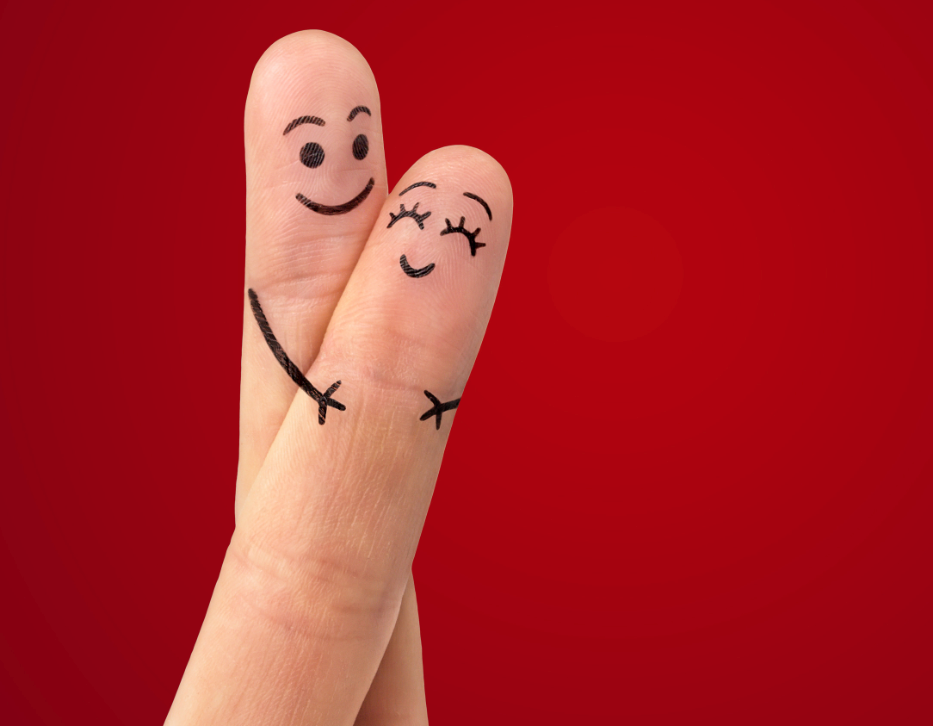Disneyland has always been a favourite holiday destination for my family. When my daughter was small, we could spend more time in lineups to meet her favourite princesses than to get on the busiest rides, but fairytale magic had no power over nature; we would often arrive at the front of the line, when a princess had to take a break. It happened so often that my daughter started to harbor grudges against Cinderella.
Disney has raised generations of women with more positive identification with princesses’ and their stories. Virtually every young woman I know has a favourite Disney princess.
Some may still dream of the magic of true love’s kiss.
Unrealistic expectations can set us up for disappointment. Falling in love is like a psychosis that prevents us from clearly seeing the other as a real person: qualities are exaggerated and faults minimized.
In the grip of infatuation, we may not be capable of making rational decisions. If patients with advanced dementia, delirium or psychosis are not able to make their own medical decisions, should those madly in love not be allowed to get married (at least until the end of a cooling off period when a prince turns back into a toad or a beast and has the opportunity to leave the lily pad up once too often)?
When infatuation fades (as it always does), many ask with sober reflection, “What was I thinking?”
When the honeymoon ends, we become disenchanted and “happily ever after” becomes work. We can start competing with one another and keeping track of what we compromise. In the ledger of what we give and take from a relationship, we all lose.
To avoid disappointment, should we give up the search for the one true love who is our perfect partner and soul mate?
The love we seek is an emotional, spiritual and social ideal but is within our reach. The love we have sought from someone else is what we must nurture within our own hearts. It is unconditional love.
It is like a physician’s unconditional positive regard for his patient, wherein the needs of the patient take precedence over those of the physician. The wellbeing of the other comes first.
We are human and we love imperfectly. More often than not, our affections for one another are conditional. If our partners disappoint and displease us, we hold back our love. We project our own ideals and identity onto our children and if they fail to live up to our standards and rules, they may feel we love them less.
Unconditional love does not judge but easily forgives. It is like a best friend who knows everything about you, but accepts you and loves you anyway; who tells you what you need to know, sees the best in you and pushes you to live your potential.
We are human and we love imperfectly, but we must accept ourselves and the love we have received as imperfect as it may be. Our world is not perfect, but there is still beauty in it. We are not perfect but still worthy of love.
By nurturing unconditional love, we may live more happily ever after, accepting ourselves, improving our relationships and becoming better parents.
As an exercise to develop more unconditional love, first picture someone you care about and say, “May you be happy, healthy, peaceful and safe.” Then picture in turn someone you feel neutral about (no particular feelings whatsoever), someone you have a quarrel with, and yourself, while saying, “May you be happy, healthy, peaceful and safe.”
If you practice this exercise regularly, you will become an agent of positive change — beginning first in your own heart and spreading to the world around you.
Dr. Davidicus Wong is a family physician. For more on achieving your positive potential in health visit davidicuswong.wordpress.com.



